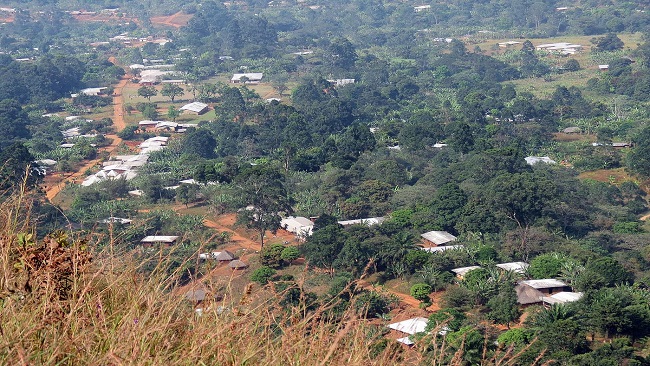Cameroon’s Escalating Conflict Triggers Alarm at UN
The U.N. High Commissioner for Human Rights, Zeid Ra’ad Al Hussein, is seeking access to Cameroon to verify what he says are alarming reports of horrific abuse by separatist and government forces in the country’s English-speaking Northwest and Southwest regions.
The U.N. human rights office said the situation in Cameroon’s English-speaking communities has worsened considerably since protests against what the English-speakers see as structural discrimination started two years ago.
The Anglophones are demanding an end to what they allege is their economic and political marginalization by the country’s Francophone majority.
The High Commissioner’s spokeswoman, Ravina Shamdasani, told VOA what began as protests for greater access to jobs and linguistic equality has gotten out of hand. She said violence by both armed separatists and the government has spiraled out of control.
“The violent separatists, these armed groups are killing people, torching schools, carrying out kidnappings and extortion and all sorts of horrible human rights abuses to try to disrupt the situation,” she said. “The government’s role should be to protect people in such a horrible environment. Instead, the government is employing a heavy-handed response, which is not helping the situation. It is further causing human rights violations.”
United Nations figures show more than 21,000 refugees have fled to neighboring countries, while some 160,000 people are internally displaced by the violence, with many reportedly hiding in forests.
An army spokesman has rejected charges of abuses by the security forces as “rumors.”
Shamdasani said there is a lot of misinformation and propaganda on both sides. She added that the High Commissioner has asked that monitors be allowed to verify allegations of abuse against both security forces and armed separatists.
The government has rejected this request, she said. Consequently, she added that the U.N. human rights office will have to consider other options to keep tabs on the situation, including remote monitoring.
Source: VOA





